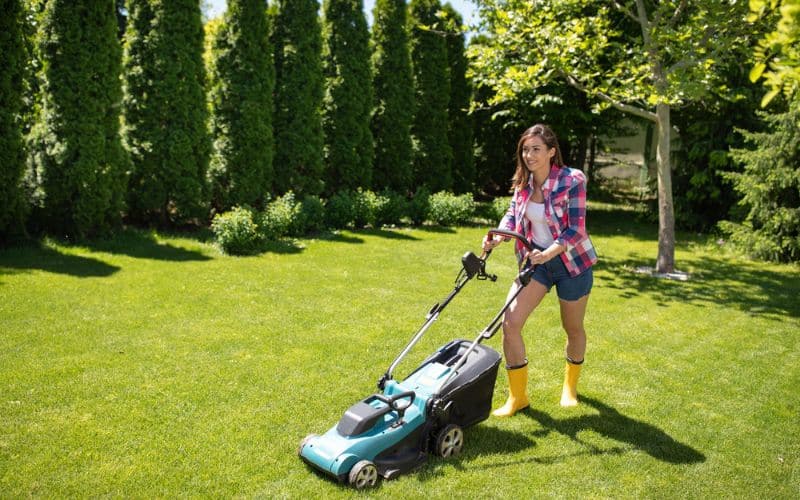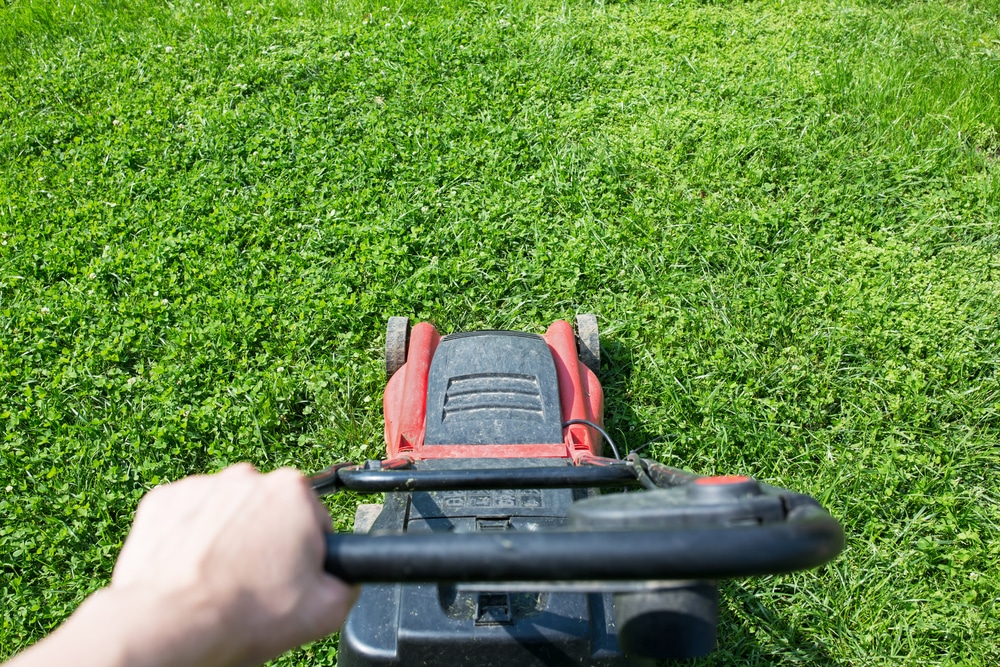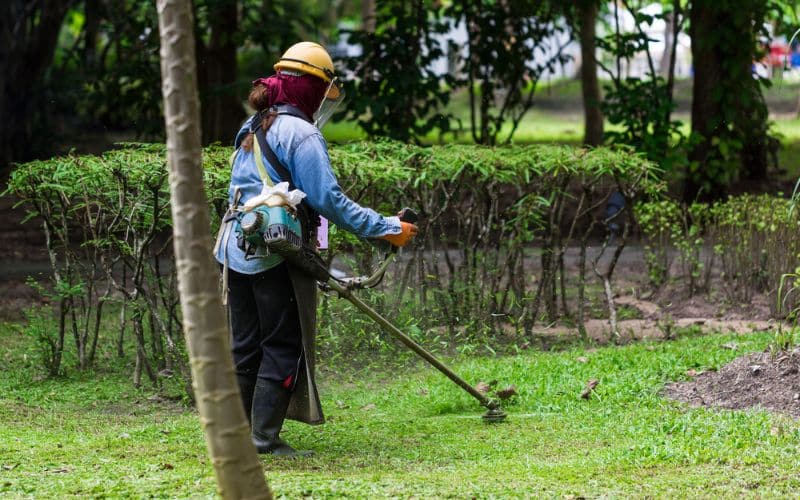
The Green Debate in Rental Properties
In the world of residential tenancies, a common question that often sprouts is: who is responsible for lawn maintenance, the landlord or the tenant? This question, as simple as it may seem, can be quite complex, as the answer can vary depending on the specifics of the lease agreement and local tenancy laws.
What Does Lawn Maintenance Entail?
Lawn maintenance is a broad term that encompasses a variety of tasks. From mowing the grass, watering the lawn, weeding, fertilizing, to general yard upkeep, these tasks are crucial for maintaining the aesthetic appeal and overall value of a rental property. But when it comes to tenancy, who shoulders this responsibility?
Who is Generally Responsible for Yard Maintenance?
Typically, the landlord is responsible for maintaining the rental property, which includes the yard and garden. However, this is not a hard and fast rule. The responsibility can shift to the tenant under certain circumstances.

When is a Tenant Responsible for Lawn Care?
The tenant may be responsible for lawn care if it’s explicitly stated in the lease agreement. For instance, the lease may specify that the tenant is responsible for mowing the lawn or keeping the garden free of weeds. In such cases, the tenant must uphold these responsibilities or risk violating the terms of the lease.
What Happens When Maintenance Responsibilities are Ignored?
Neglecting lawn maintenance can lead to a host of problems. Overgrown grass and weeds can make a property look unkempt, and it can also lead to potential pest infestations. If the tenant is responsible for lawn care and fails to maintain it, the landlord may have grounds to take action, such as withholding a portion of the security deposit or even evicting the tenant in extreme cases.
How is Lawn Care Defined in Residential Tenancies?
In residential tenancies, lawn care responsibilities should be clearly defined in the lease agreement. The lease should specify who is responsible for what tasks, how often these tasks should be performed, and what the consequences are for neglecting these duties.
Can a Landlord Shift Lawn Maintenance Responsibilities to Tenants?
Yes, a landlord can shift lawn maintenance responsibilities to tenants, but this must be clearly outlined in the lease agreement. Both the landlord and tenant must agree to these terms before the lease is signed. It’s crucial for tenants to thoroughly read and understand their lease before signing it.
What are the Consequences for Tenants Neglecting Lawn Care Duties?
If a tenant neglects their lawn care duties as outlined in the lease, they may face several consequences. The landlord may hire a professional lawn care service and deduct the cost from the tenant’s security deposit. In extreme cases, the landlord may even evict the tenant for violating the terms of the lease.

How to Handle Disputes Over Lawn Maintenance?
Disputes over lawn maintenance should be handled professionally and diplomatically. If a tenant feels they are being unfairly burdened with lawn care duties, they should discuss their concerns with the landlord. If the dispute cannot be resolved, it may be necessary to involve a mediator or legal professional.
Tips for Landlords and Tenants to Avoid Lawn Care Conflicts
To avoid conflicts over lawn care, landlords should clearly define lawn maintenance responsibilities in the lease agreement. Tenants, on the other hand, should ensure they fully understand their responsibilities before signing the lease. Regular communication can also help prevent misunderstandings and disputes.
Conclusion: Fostering a Green Understanding Between Landlords and Tenants
In conclusion, the responsibility for lawn maintenance in residential tenancies can fall on either the landlord or the tenant, depending on the terms of the lease. By clearly defining these responsibilities and maintaining open lines of communication, landlords and tenants can foster a green understanding that benefits both parties and the property itself.
Colin Macmillan is a seasoned entrepreneur and the CEO of Riverwood Landscape, a leading landscaping company based in Canada. He has been at the helm of the company since leaving high school, demonstrating his strong leadership skills and business acumen.
Colin’s expertise lies in various aspects of landscaping, including lawn care, interlocking, sod installation, and commercial maintenance. His hands-on approach and dedication to the craft have been instrumental in building Riverwood Landscape into a reputable brand.
One of his most notable achievements is the creation of a successful landscape franchise that services multiple locations. This accomplishment underscores his strategic thinking and ability to scale operations effectively.
Colin has also had the privilege of working with Guelph Hospital for landscaping and maintenance, a testament to the trust and reliability that his company has earned over the years.
His professional mission is to offer the best services and experiences for customers, a goal that he tirelessly pursues. Colin’s commitment to excellence and customer satisfaction continues to drive the growth and success of Riverwood Landscape.








